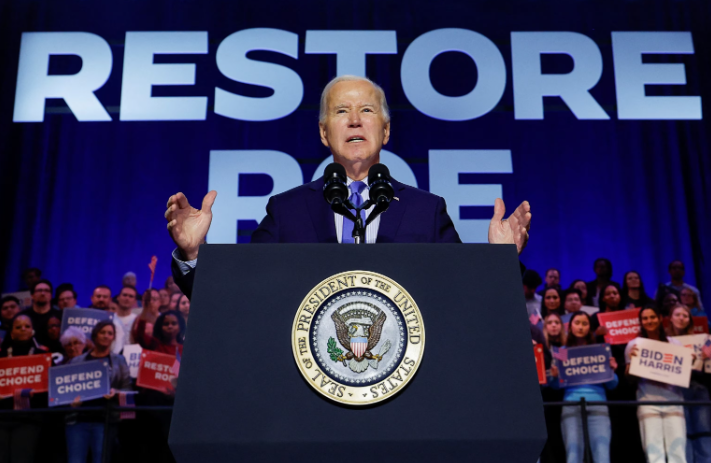In a significant stride towards financial fairness for students, the Biden administration has taken aim at a pervasive problem impacting college students and student loan borrowers: the burden of unnecessary and opaque fees. These so-called “junk fees” can add up quickly, making the already daunting costs of higher education even more prohibitive for millions across the nation.
At the heart of this initiative are four types of fees that have become all too common in the realm of higher education. First, there are the origination fees on student loans, which are essentially charges imposed just for processing loans. These can vary widely, ranging from 1% to 4% of the loan amount, potentially adding thousands to a student’s debt before they even step foot on campus.
Secondly, the administration is challenging the fees associated with college-sponsored banking services. Some colleges have arrangements with specific banks, directing students to them for their financial aid disbursement. Unfortunately, these specialized accounts can come with a suite of hidden fees that catch students off guard, chipping away at their much-needed funds.
Another target is the automatic billing practices for textbooks. Currently, many students find themselves automatically charged for textbooks and other course materials, often at premium prices, with little to no option to opt out and seek more affordable alternatives. This practice not only limits students’ ability to manage their own budgets but also prevents them from taking advantage of the myriad of cost-saving options available in today’s market.
Lastly, the administration is taking a stand against colleges that retain unused funds from student meal plans. Rather than refunding any balance left at the end of the term, some institutions pocket these funds, a practice that can amount to hundreds of dollars per student each year.
The cumulative impact of these fees is staggering, siphoning off billions of dollars annually from students and families already stretched thin by the costs of tuition, housing, and other essential expenses. By addressing these issues head-on, the Biden administration is signaling a commitment to not only alleviate some of the financial pressures of attending college but also to inject more transparency and fairness into the process.
In the upcoming 2025 budget proposal, President Biden is urging Congress to eliminate student loan origination fees altogether, a move that could save borrowers thousands over the lifetime of their loans. Additionally, the Department of Education is actively seeking to reform banking fee practices, enable students to opt out of automatic textbook billing, and ensure that students receive refunds for unused meal plan dollars.
These efforts are part of a broader push by the administration to make the costs of college more manageable and transparent. This includes initiatives to prevent schools from withholding transcripts due to unpaid bills—a practice that can derail students’ educational and professional futures—and to shed light on the true costs of a college education.
The targeted junk fees represent not only a financial burden for students and families but also a significant barrier to accessing and completing higher education. By addressing these fees, the administration aims to remove unnecessary obstacles on the path to graduation and beyond, ensuring that all students have a fair shot at pursuing their educational goals without being weighed down by undue financial strain.
This latest initiative builds upon a growing movement to confront the financial challenges facing today’s students, offering a beacon of hope for those who have long been calling for reform. As these proposed changes make their way through the legislative and regulatory processes, they offer a promise of a more equitable and accessible higher education system, one where students can focus on their studies, not on navigating a maze of hidden fees.











